
The Eurosystem Household Finance and Consumption Survey
Results from the First Wave
Read offline
Recommendation
The Eurosystem Household Finance and Consumption Network – an arm of the European Central Bank (ECB) – marshaled institutional and individual forces to conduct a survey of household finances across 15 euro-zone countries. Face-to-face interviews focused on assets, debt, net wealth, income and credit, and consumption limitations. The editors present their data on tables by group and by countries, with additional written analyses. The ECB provides no author credit; readers can thank more than 100 anonymous researchers and writers for these transparent, informative graphs and charts, and for the accurate, easy prose that leads you on a clear path through a jungle of intimidating statistics, percentiles and numerics. This survey raises the bar in both significance and quality, and can serve as a model for others attempting similar research. getAbstract recommends the analysis of this exhaustive survey to government officials worldwide – and especially in Europe – as well as to financial planners, bankers, credit brokers, and anyone seeking to understand current and likely future financial conditions throughout Europe.
Summary
About the Author
The authors are more than 100 individuals participating under the direction of the Eurosystem Household Finance and Consumption Network.


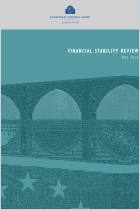
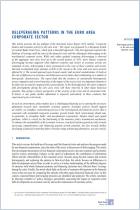
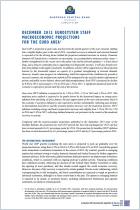
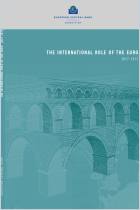
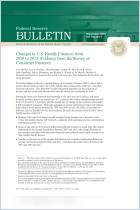
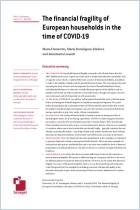
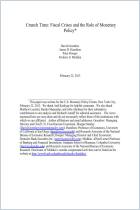
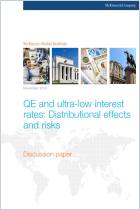
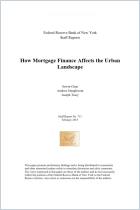
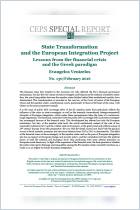






Comment on this summary